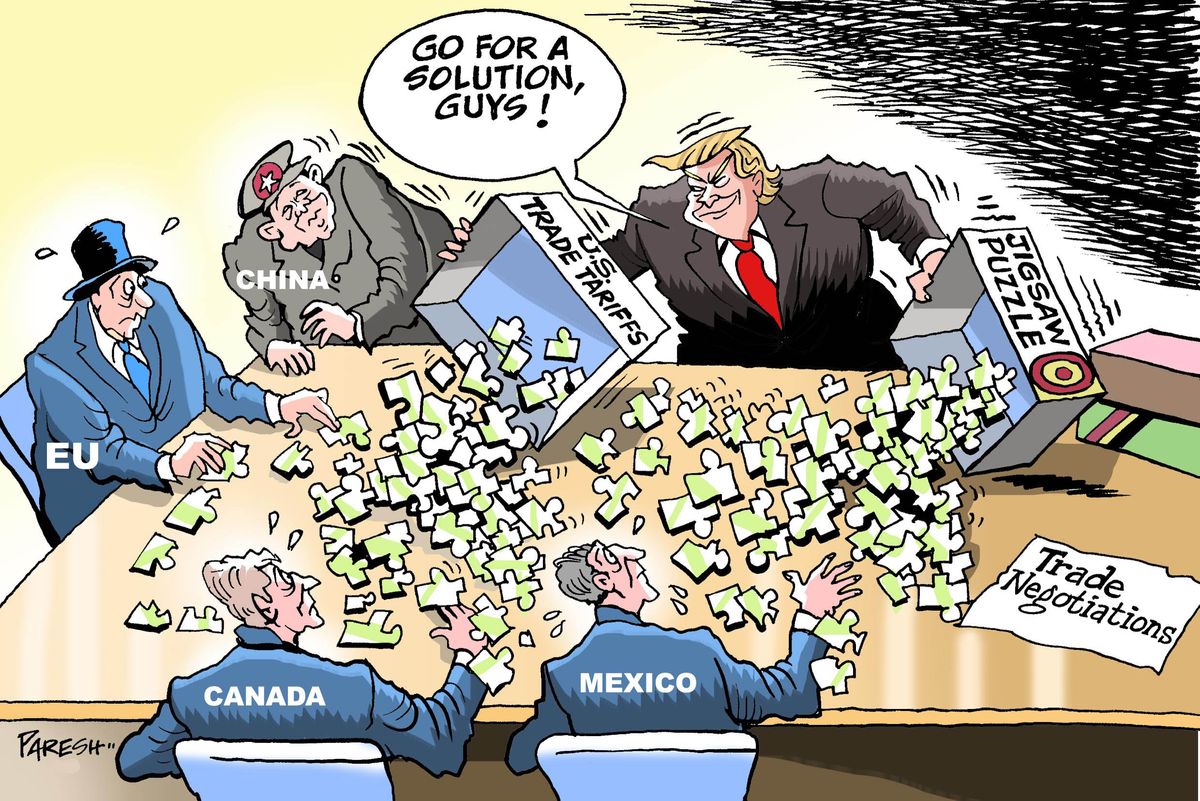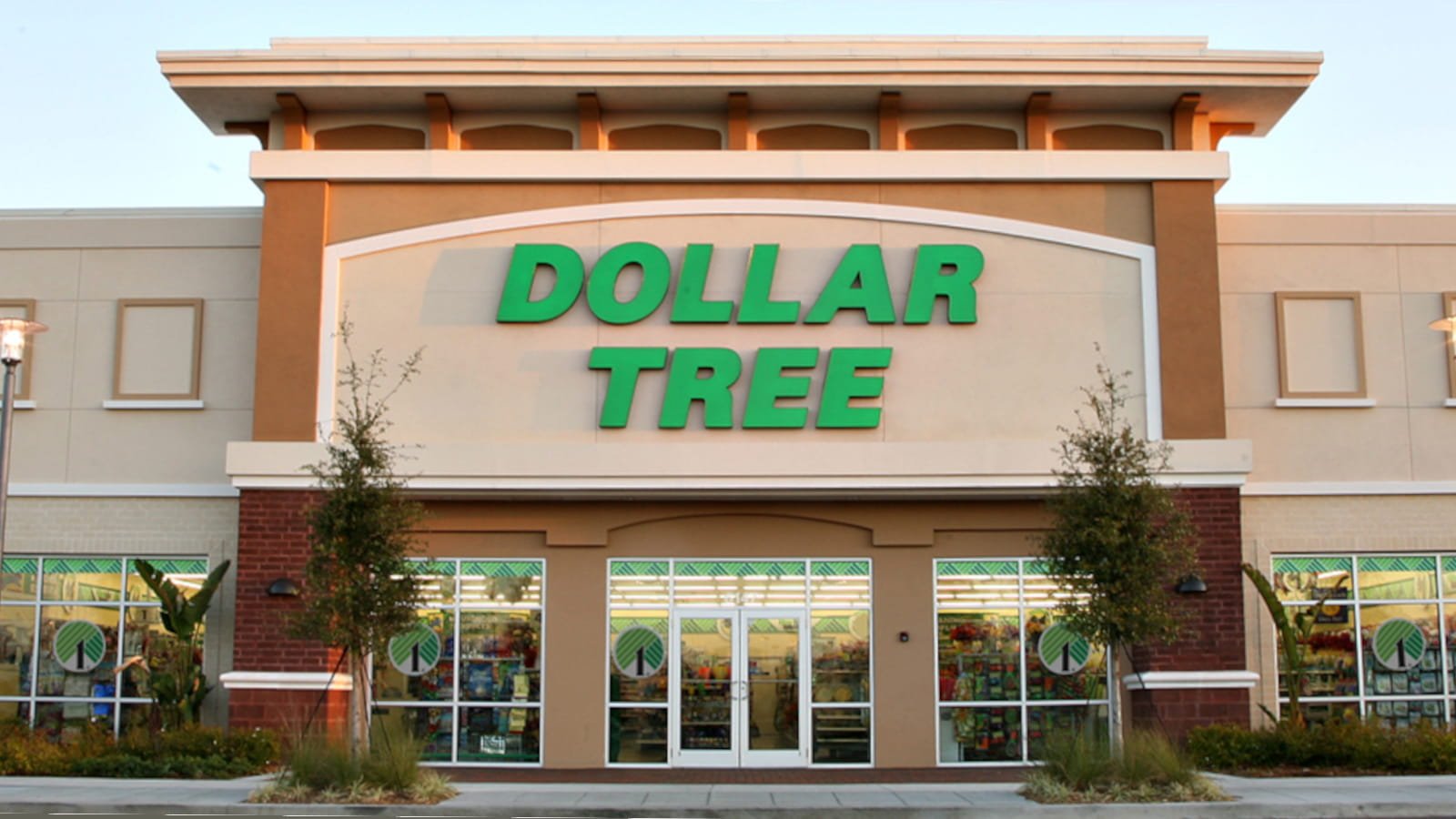Russian Gas Phaseout: EU's Focus On Spot Market Purchases

Table of Contents
The Urgency of the Russian Gas Phaseout and its Impact
The geopolitical reasons behind the EU's move away from Russian gas are multifaceted, stemming from the ongoing conflict in Ukraine and a desire for greater energy independence. The invasion of Ukraine highlighted the vulnerability of relying heavily on a single supplier, particularly one with significant geopolitical leverage. This dependence created a significant risk to the EU's energy security and economic stability. The immediate impact was a sharp increase in energy prices across Europe, creating significant economic hardship for businesses and households. This volatility underscored the need for urgent diversification and a move towards more secure and reliable energy sources.
- Increased reliance on LNG imports: The EU has rapidly increased its imports of liquefied natural gas (LNG) from various global suppliers to compensate for the reduced Russian gas supply.
- Diversification of energy sources: The crisis accelerated efforts to diversify energy sources, including exploring new partnerships with countries like Norway, the US, and Qatar.
- Accelerated investments in renewable energy: The phaseout has provided a significant impetus for investment in renewable energy sources like solar, wind, and geothermal, contributing to the EU's green energy transition goals.
- Potential for energy shortages and price volatility: Despite diversification efforts, the EU continues to face the risk of energy shortages and price volatility, particularly during peak demand periods.
The Spot Market: A New Landscape for EU Gas Procurement
The spot market refers to the buying and selling of gas on a short-term basis, typically for daily or weekly delivery, contrasting sharply with long-term contracts that lock in prices and volumes over extended periods. For the EU, the spot market offers both advantages and disadvantages in the context of the Russian gas phaseout.
- Price volatility and hedging strategies: Spot market prices are highly volatile, subject to fluctuations in supply and demand. Effective hedging strategies are crucial to mitigate these risks.
- Increased competition among buyers: The shift to the spot market introduces increased competition among EU member states and other buyers for available gas supplies.
- Access to a wider range of suppliers: Spot markets provide access to a wider range of suppliers globally, contributing to greater energy diversification.
- Potential for supply disruptions in periods of high demand: During peak demand periods, competition intensifies, leading to potentially higher prices and a greater risk of supply disruptions.
Challenges of Spot Market Reliance
Navigating the volatile spot market presents significant complexities for the EU. The risk of price spikes and potential supply shortages requires a comprehensive and coordinated approach.
- Need for improved infrastructure (LNG terminals, pipelines): The increased reliance on LNG necessitates investments in new infrastructure, including LNG import terminals and pipeline expansions.
- Enhanced market transparency and regulatory frameworks: Improved market transparency and robust regulatory frameworks are crucial to prevent market manipulation and ensure fair competition.
- Collaboration among EU member states to manage risks: Stronger collaboration among EU member states is essential for effective risk management and coordinated purchasing strategies.
- Potential for market manipulation: The spot market's inherent volatility makes it susceptible to market manipulation, requiring vigilant oversight and regulatory measures.
Strategies for Managing the Transition
The EU is pursuing various strategies to ensure secure gas supplies beyond Russian sources and mitigate the challenges associated with the Russian gas phaseout. These strategies encompass a multifaceted approach encompassing both short-term solutions and long-term investments.
- Increased investment in renewable energy technologies (solar, wind): Significant investments in renewable energy technologies are crucial for reducing dependence on fossil fuels and achieving long-term energy independence.
- Development of strategic gas storage facilities: Expanding and optimizing gas storage capacity is vital for ensuring sufficient gas reserves to meet peak demand and mitigate supply disruptions.
- Strengthening energy cooperation with alternative suppliers (Norway, US, Qatar): The EU is forging stronger partnerships with alternative gas suppliers to diversify its energy sources and enhance security of supply.
- Promoting energy efficiency measures to reduce overall demand: Improving energy efficiency across all sectors reduces overall gas demand, mitigating the impact of supply constraints.
Long-term Implications of the Russian Gas Phaseout
The long-term consequences of the EU's reduced dependence on Russian gas are profound and far-reaching, impacting both the EU's energy security and the global energy landscape.
- Reshaping of the global gas market: The EU's actions have already reshaped the global gas market, leading to increased competition and shifting global supply dynamics.
- Increased EU influence in global energy politics: The EU's efforts to secure alternative gas supplies have increased its influence in global energy politics, strengthening its position in negotiations with key energy producing countries.
- Accelerated transition to a low-carbon economy: The Russian gas phaseout has significantly accelerated the EU's transition to a low-carbon economy, driving investment in renewable energy and energy efficiency measures.
- Potential economic implications for both the EU and Russia: The phaseout has significant economic implications for both the EU and Russia, affecting energy prices, trade relations, and economic growth.
Conclusion
The EU's decisive shift away from Russian gas, driven by the Russian gas phaseout, represents a pivotal moment in its energy history. While the increased reliance on the spot market presents significant challenges, particularly regarding price volatility and the need for infrastructure upgrades, it simultaneously offers opportunities for greater diversification and energy independence. By strategically investing in renewable energy, enhancing infrastructure, collaborating with alternative suppliers, and implementing effective risk-management strategies, the EU can successfully navigate this transition and secure a more sustainable and resilient energy future. Understanding the complexities of the spot market and effectively managing its inherent risks is paramount to overcoming the challenges associated with the Russian gas phaseout. Learn more about optimizing your energy strategy in the context of the ongoing Russian gas phaseout and secure a resilient energy future for your business.

Featured Posts
-
 The Business Of Deportation A Startup Airlines Unconventional Approach
Apr 24, 2025
The Business Of Deportation A Startup Airlines Unconventional Approach
Apr 24, 2025 -
 Chinas Shift To Middle Eastern Lpg A Response To Us Tariff Hikes
Apr 24, 2025
Chinas Shift To Middle Eastern Lpg A Response To Us Tariff Hikes
Apr 24, 2025 -
 Office365 Data Breach Leads To Multi Million Dollar Loss Criminal Charges Filed
Apr 24, 2025
Office365 Data Breach Leads To Multi Million Dollar Loss Criminal Charges Filed
Apr 24, 2025 -
 This Startup Airline Is Profiting From Deportation Flights An Analysis
Apr 24, 2025
This Startup Airline Is Profiting From Deportation Flights An Analysis
Apr 24, 2025 -
 Is Betting On Natural Disasters Like The La Wildfires Becoming Normalized
Apr 24, 2025
Is Betting On Natural Disasters Like The La Wildfires Becoming Normalized
Apr 24, 2025
